

Photo/Anetone Sagaga
Sāmoa's democracy is not yet lost. Voters are left with a choice not simply between parties, but between competing definitions of leadership.
Sāmoa’s Reckoning: Political turmoil reveals true face of leadership
Beneath the defections and infighting lies a democracy that is alive and accountable - where voters, not parties, hold the power.



A.R.T sets new Pacific music pace with ‘First Thursday’ releases
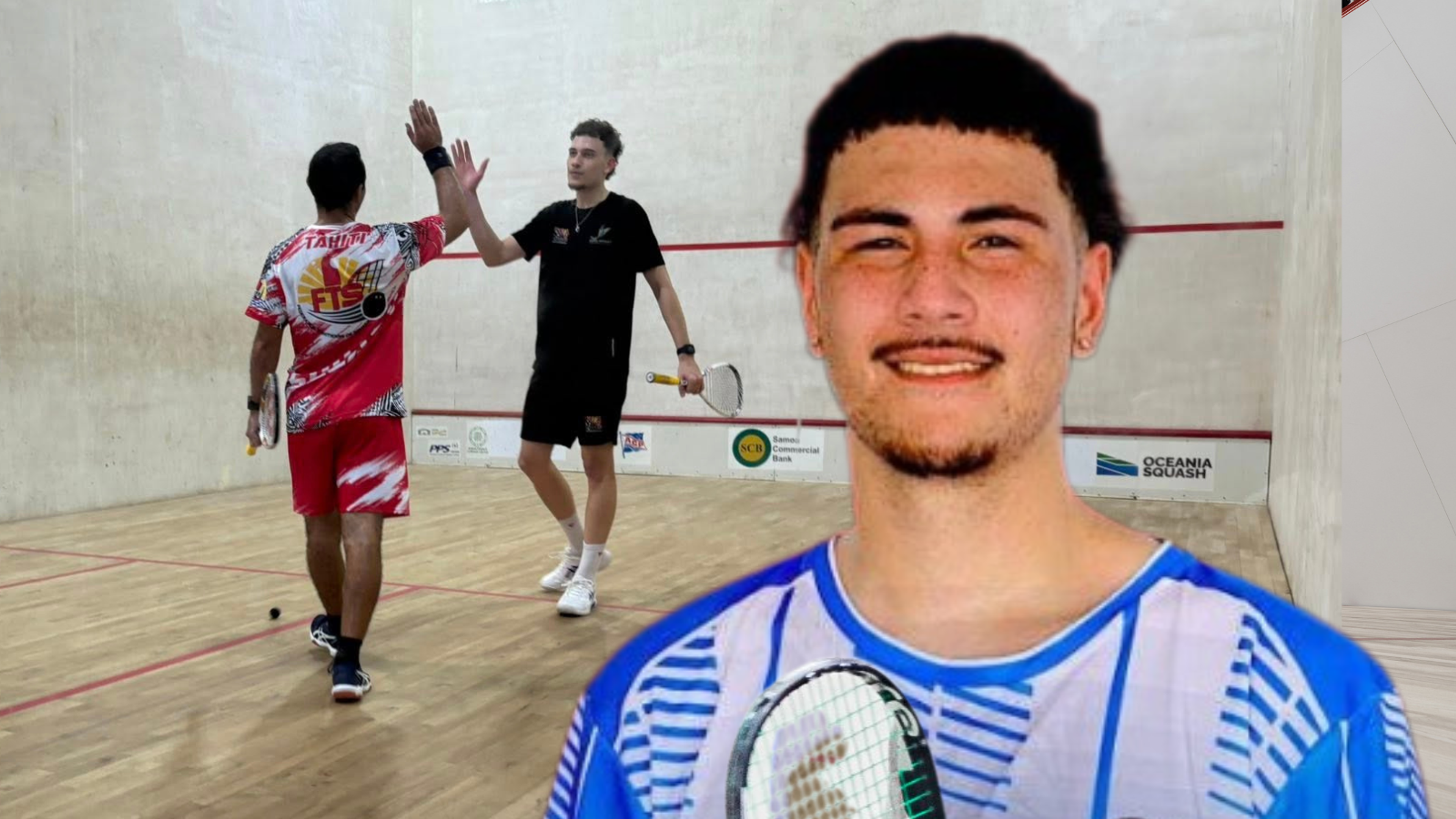

Moana Pasifika end Lautoka curse to win 'Battle of the Pacific'


A.R.T sets new Pacific music pace with ‘First Thursday’ releases

Disharmony is useful. It’s messy, painful, and exhausting. Bruised egos and broken hearts can turn friends into villains, but they drag hidden truths into the open - truths that respect, courtesy, and loyalty would otherwise keep under the surface. Those truths can sting, yes, but they can also heal.
This election season in Sāmoa is a case study in disharmony. The previous parliament sessions were a theatre of dramatics: FAST members turning on each other, an opposition waiting in the wings to pounce on executive disunity, a Speaker losing control (and his cool), and scripture quoted with as much calculation as campaign rhetoric. Beneath the theatre lies something more profound - the usefulness of conflict. It forces us to confront what kind of country we want, and what kind of leaders we are willing to tolerate.
And enough with the lazy narratives that romanticise Fiamē Naomi Mataʻafa’s place in history as Sāmoa’s first woman Prime Minister. Yes, that is significant. But to reduce Sāmoa’s current political reality to her gender is to trivialise the crises we face.
Fiamē has not been tested merely as a symbol of progress but as a Prime Minister. And by that measure, she has been held to account twice, through motions of no confidence - the second from her own party. FAST has split, with Fiamē and her allies forced to form the Sāmoa Uniting Party (SUP), while Laaulialemalietoa Leuatea Polataivao Schmidt clings to the FAST brand.
Even more jarring is the fact that under Fiamē’s watch, Parliament has entertained a Constitutional Amendment Bill that could restrict women MPs’ powers. That’s right, a proposal that undermines women’s representation. The symbolism cuts both ways. Progress isn’t always linear, and identity alone is no guarantee of principle.
This election, leadership and perception are the battlefield. But if Fiamē’s leadership has been tested by fracture, Tuilaepa’s answer has been revival.
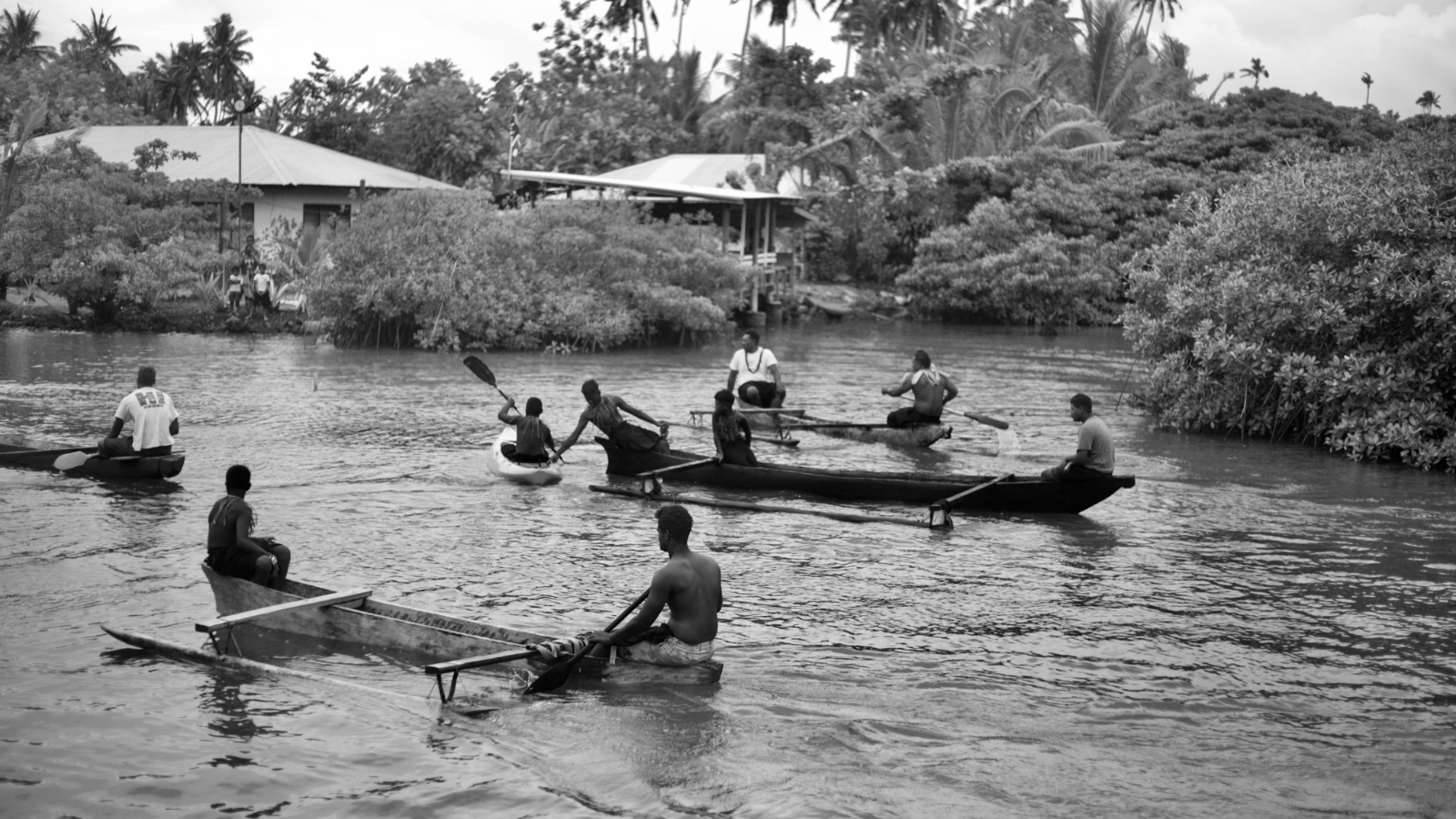
Sāmoans must navigate politics with discernment. Photo/Anetone Sagaga
The elder statesman and grandfather of Sāmoan politics has brought a flailing HRPP back to life over the last few years, after the massive failure of their 2021 campaign. He says leadership is about process, discipline and collective responsibility. “Papa Stui”, as he is affectionately known, gives no quarter to Fiamē or Laauli. He says Fiamē abandoned the discipline he instilled under the HRPP government, preferring to let her cabinet ministers do as they pleased. A decision he believes will leave the country in a greater mess.
Fiamē has taken the measured, less outspoken approach, although her visibility score has grown exponentially with each day closer to election day. She doesn’t see the failure of her government to stay together as an issue of leadership, but rather as one of principle. Her leadership, she insists, is not about micromanaging her team, but about creating space for community-driven decision-making.
Two visions collide here. Tuilaepa’s is top-down, proven, some would say heavy-handed. Fiamē’s is principled, patient, and hands-off. Laauli’s is populist and unpredictable, driven by oratory, spectacle, and the force of his “red army” party faithful.
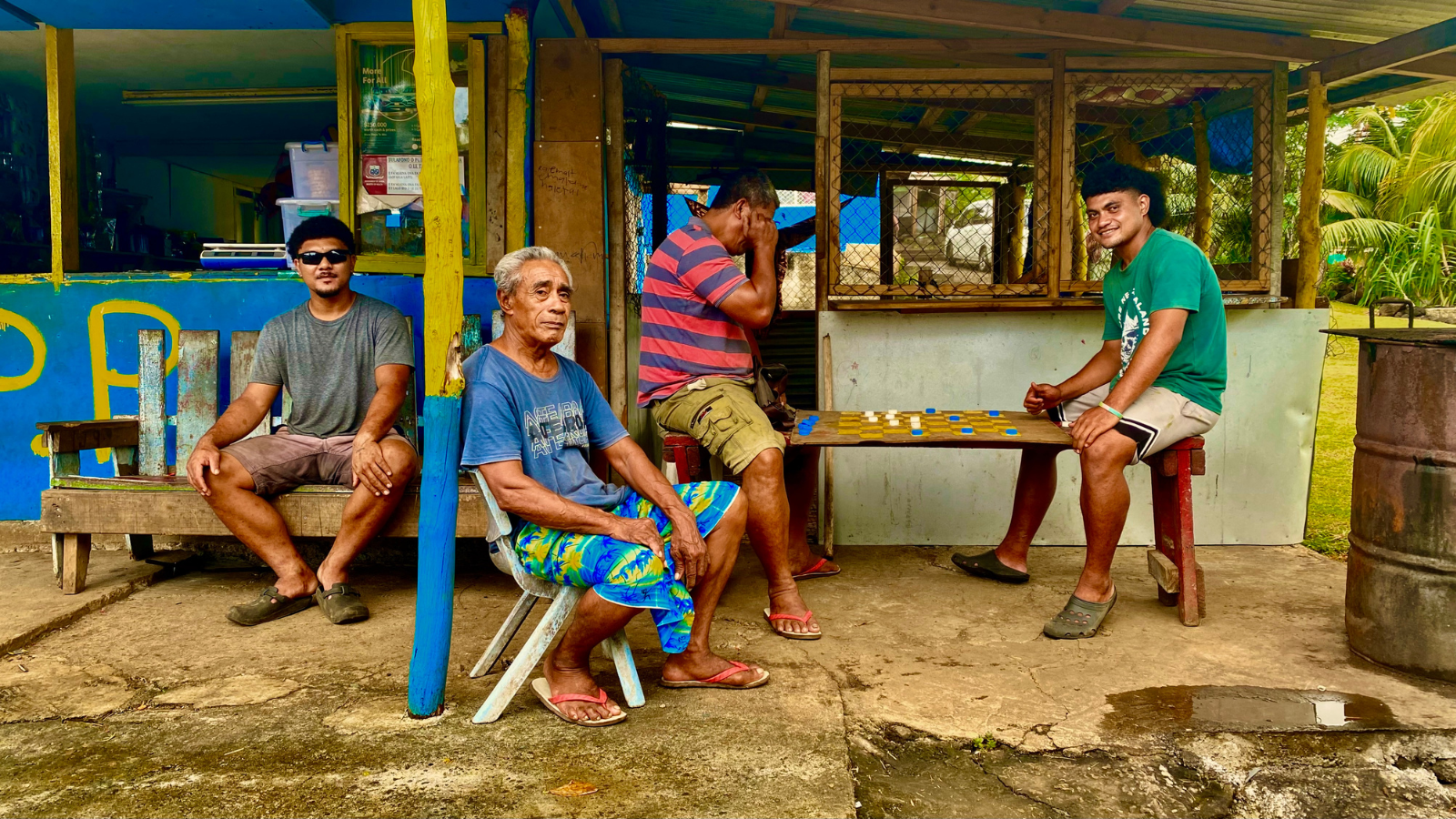
A leadership choice lies ahead for almost 100,000 voters. Photo/Anetone Sagaga
Voters are left with a choice not simply between parties, but between competing definitions of leadership.
Amid the noise, ordinary Sāmoans are preoccupied with simpler things: the price of chicken, whether the hospital has enough doctors, whether it’s safe for their kids to return to school after weeks at home due to a dengue outbreak, and the dark cloud of methamphetamine worming its way into their homes and communities.
All three major parties promise relief.
But the public is probably the least bothered by all of the election kerfuffle. They have heard it before. They know slogans don’t put food on the table beyond the campaign period, and for many, they likely won’t see their MP for months on end, or maybe even until the next election season comes around again. This is why bribery and treating has been such a big issue for Sāmoa’s electoral process. The average person understands the value of their vote, and if they can get more than a warm pacific thank you afterwards, especially with the cost of living, then why wouldn’t they take it?
For the discerning, the question is not which manifesto sparkles brightest, but which leader they trust to deliver when the speeches end and the grind of governance begins.
That is why disharmony matters. It has shattered the illusion that any party is invincible. It has forced leaders to reveal themselves in all their naked glory - their strengths, their flaws, their loyalties and for some, their disconnect from the everyday man.
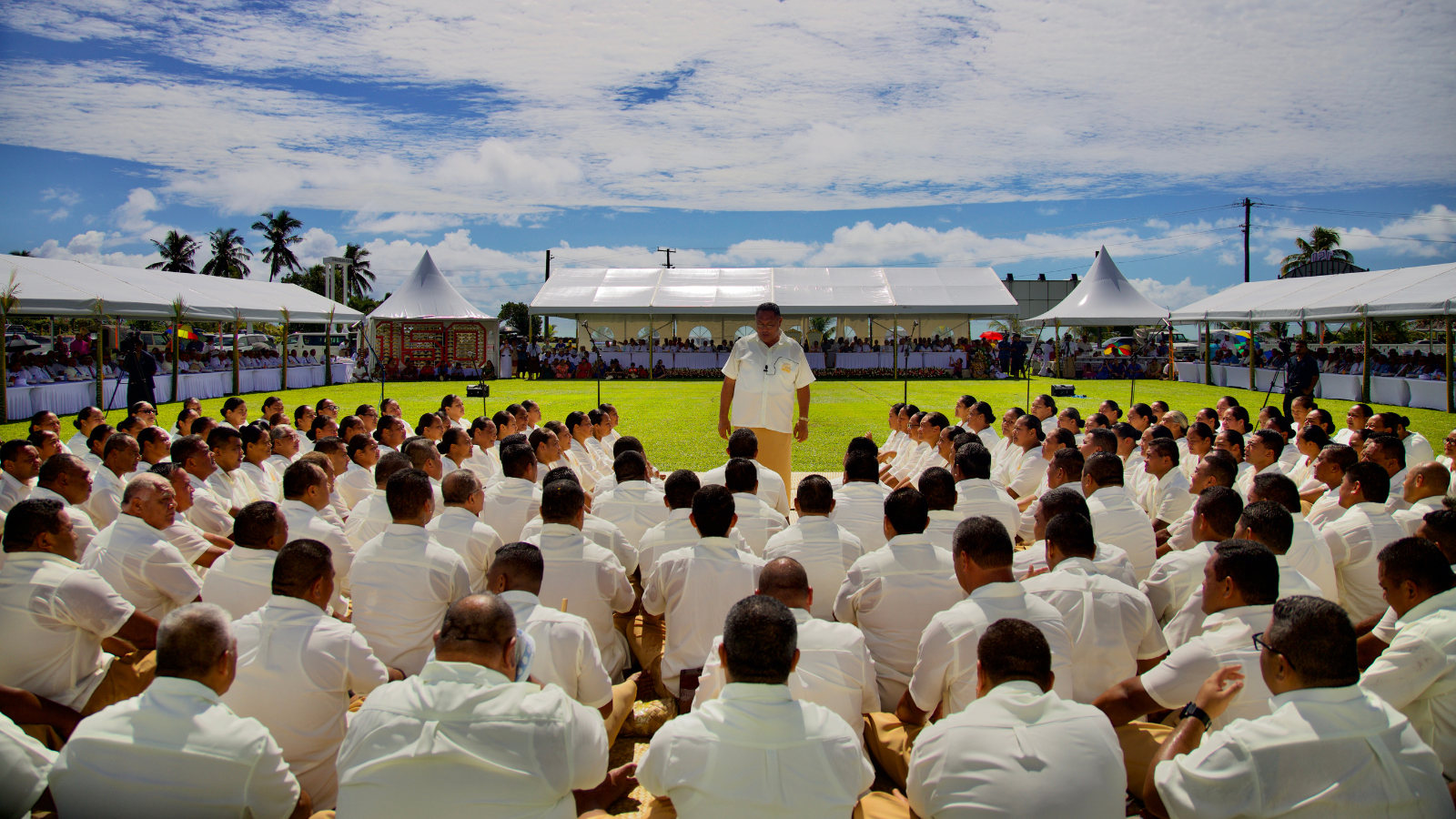
Harmony and disharmony, both are useful for growth and development. Photo/Anetone Sagaga
It has handed power back to the people in a way Sāmoa hasn’t experienced for decades.
Curiously, Sāmoa has been here before. The HRPP of the 1980s was a fragile coalition of personalities that collapsed and reshuffled until it eventually dominated for forty years. FAST arrived in 2021 as the righteous engine of change, only to be undone within a single parliamentary term by the very temptations of power it once railed against. SUP now rises from that wreckage, with Fiamē asking for a clean mandate under a new banner.
These cycles are not failures; they are… growing pains. They show us that democracy in Sāmoa is alive, not calcified. That parties can be broken. That prime ministers can fall. That new movements can rise. That change can be a failure as well.
It is uncomfortable, yes. But discomfort is the crucible of accountability.
While families are worrying about the price of chicken, leaders are also calculating the price of sovereignty. Both struggles are real and both will shape the island nation’s future.
Sāmoa’s leaders will soon walk into the Pacific Islands Forum in Honiara, where the geopolitics of the Blue Pacific are playing out with sharper edges than ever before. China’s aid, America’s eyes, and Australia’s arms are all competing for influence.
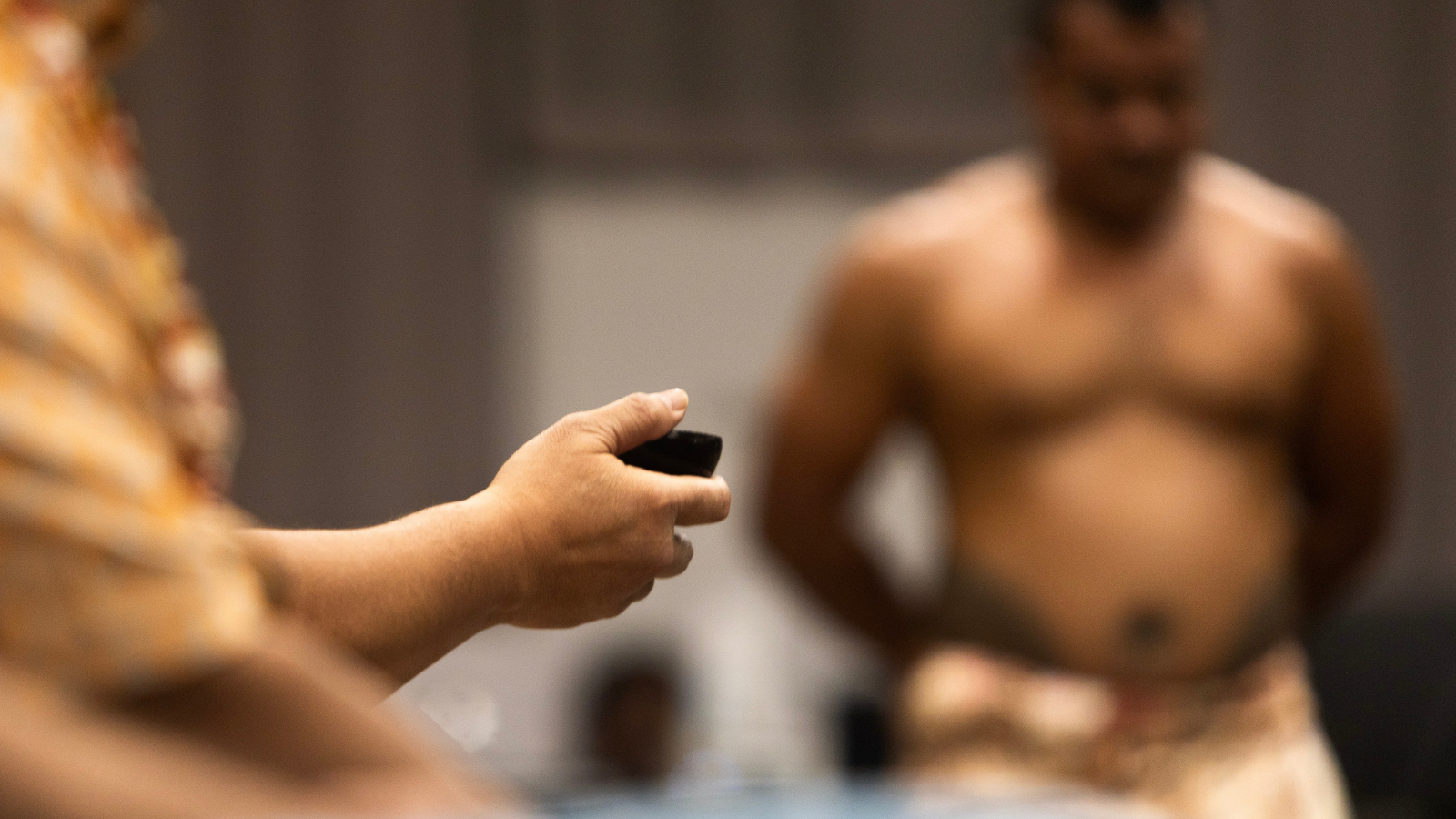
The snap election will cap an important year for Sāmoan politics. Photo/Anetone Sagaga
Tuilaepa insists Sāmoa under HRPP earned donor trust through transparency and accountability. Fiamē stresses sovereignty and warns against sacrificing integrity for short-term gains. Both see Sāmoa as more than a pawn in a larger chess game, though they differ on how to balance principle with pragmatism.
Sāmoa’s political turmoil could be read as instability, but it could also be read as maturity, proof that Sāmoa’s democracy, far from stagnant, is contested, alive, and accountable. It is the open wound through which truths spill. It is the storm that clears the air. It is the reason no party can ever again assume it is untouchable.
Yes, there are risks. Chaos can consume. Personalities can overwhelm. Heroes can fail. But the alternative is far worse.
This election will be close. Independents will matter. Coalitions may be unavoidable. There will be more grandstanding on social media, more motions, more betrayals. But Sāmoa should not fear this. We should embrace it.
For the first time in decades, the outcome of an election is not a foregone conclusion.
The people, not the parties, hold the cards.
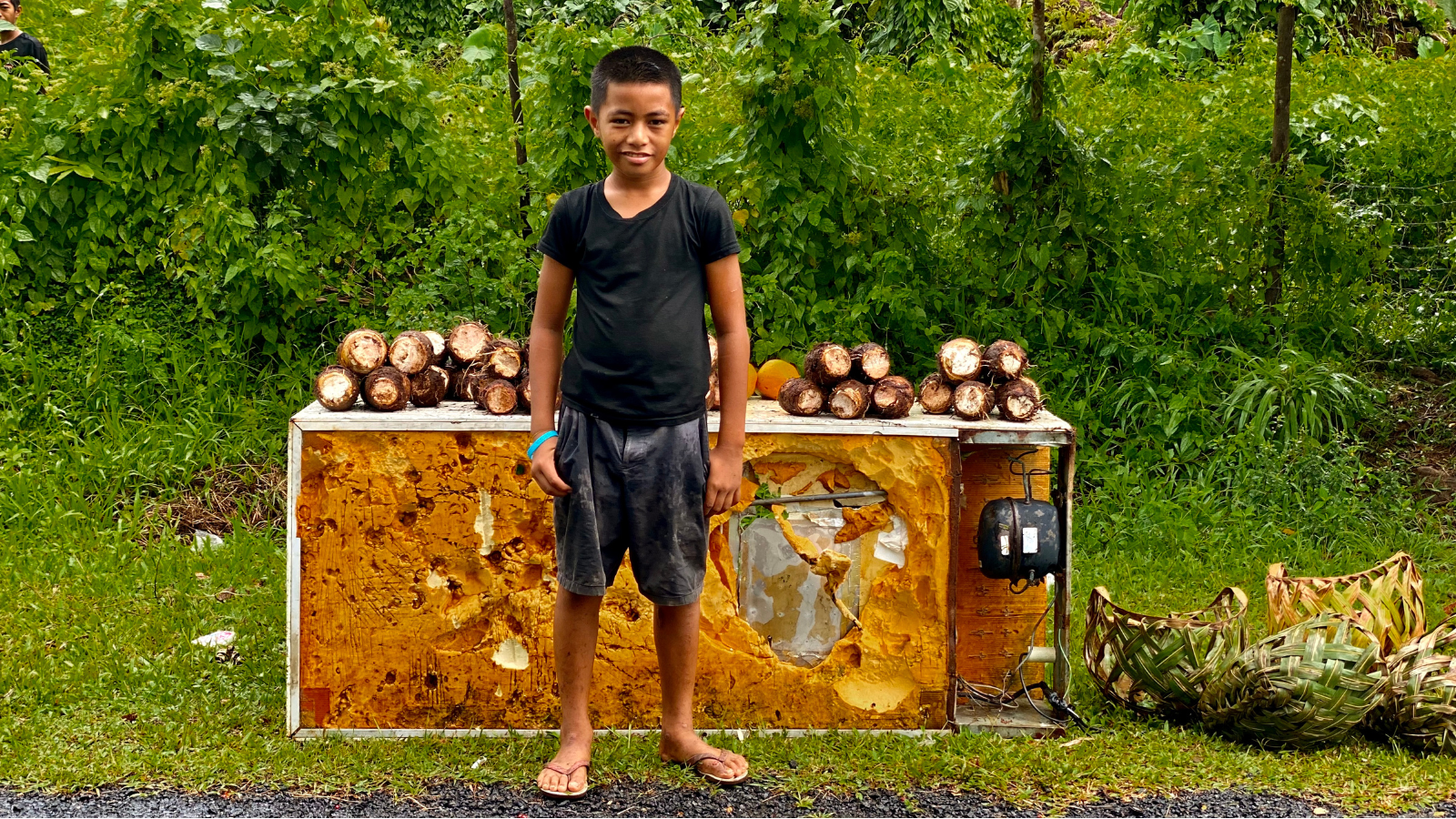
Young entrepreneur Toa from Samalaeulu. Photo/Anetone Sagaga
Through its disharmony, the nation is being forced to wrestle with the hard questions of leadership, integrity, and belonging. Will we choose the discipline of Tuilaepa, the principle of Fiamē, the firebrand of Laauli or none of the above? Will we allow ourselves to be distracted by identity, or will we demand substance?
The answer will not be clean. It will not be comfortable. It may even be chaotic.
But that is the price of progress. And if we are wise enough to see it, disharmony will be remembered not as the sickness of Sāmoa’s democracy, but as its cure.
Watch PMN News Senior Reporter Renate Rivers' update from Apia.